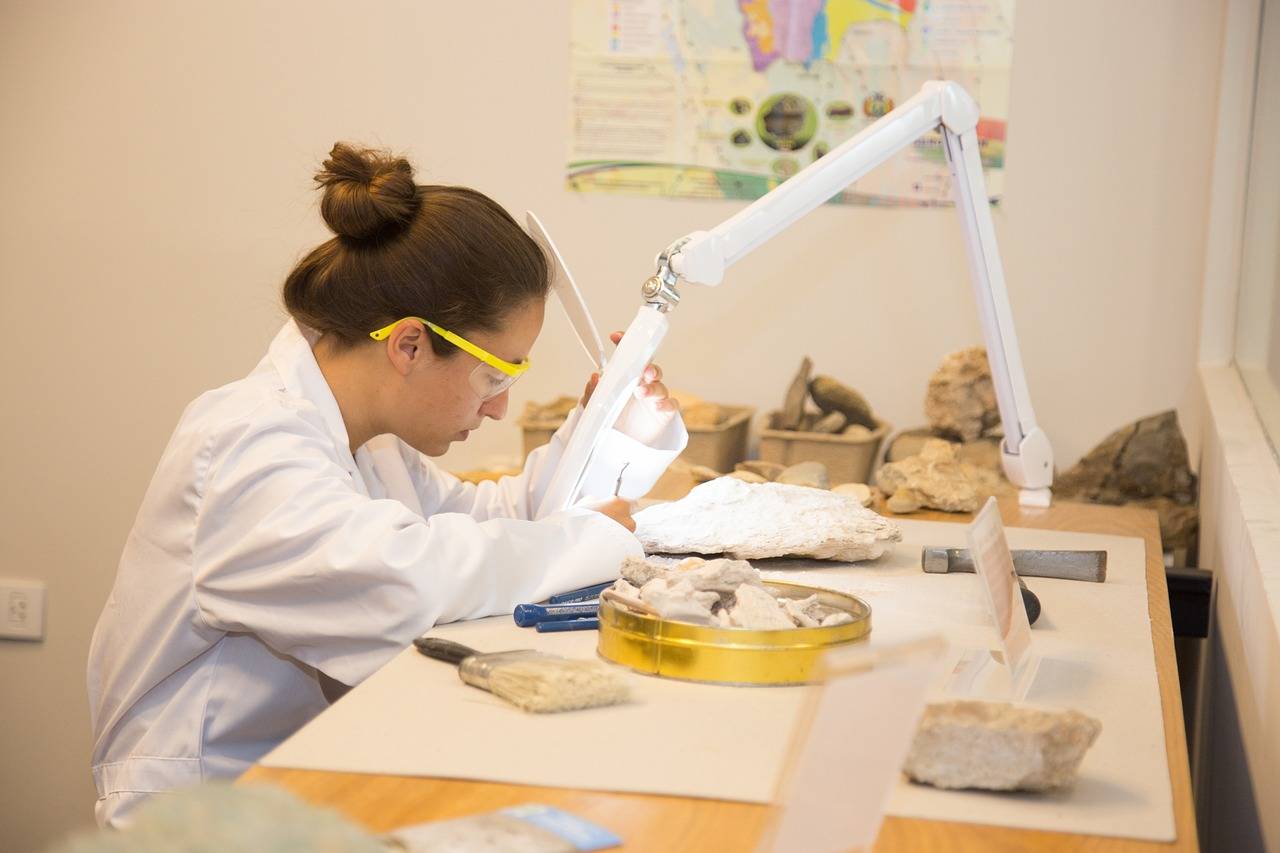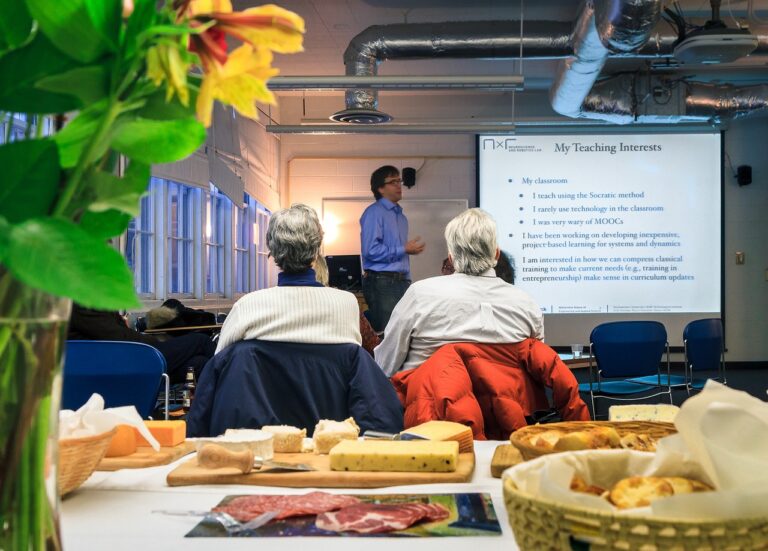Exploring the Role of Educational Field Trips in Learning
Educational field trips play a crucial role in enriching students’ learning experiences by providing real-world context to academic concepts. When students step outside the classroom environment, they engage their senses and immerse themselves in hands-on activities that deepen their understanding of a subject. For example, visiting a historical site can evoke a sense of significance and connection to the past that textbooks alone cannot replicate.
Moreover, field trips help to cultivate critical thinking skills and foster curiosity as students are encouraged to ask questions, make observations, and draw connections between what they learn in class and what they experience in the field. By actively participating in these experiential learning opportunities, students develop a sense of ownership over their education and become more engaged and motivated to explore new ideas and concepts. This active involvement in the learning process helps to solidify their understanding and retention of information in a meaningful way.
Importance of Experiential Learning Outside the Classroom
Experiential learning outside the classroom provides students with hands-on opportunities to apply theoretical knowledge in real-world settings. By engaging in activities such as educational field trips, students can deepen their understanding of various subjects and concepts by seeing them in action. This practical approach not only reinforces classroom learning but also helps students develop critical thinking skills and problem-solving abilities.
Furthermore, experiential learning outside the classroom encourages students to explore new environments and perspectives, fostering a sense of curiosity and openness to diverse ideas and cultures. Being exposed to different experiences outside the confines of the classroom walls stimulates creativity and innovation among students, allowing them to think outside the box and become more adaptable to change. These immersive learning experiences not only enrich the educational journey but also shape students into well-rounded individuals prepared to navigate the complexities of the modern world.
What are some benefits of educational field trips in enhancing learning?
Educational field trips provide students with real-world experiences that can deepen their understanding of the subject matter, engage their senses, and make learning more memorable.
How does experiential learning outside the classroom contribute to a student’s overall education?
Experiential learning outside the classroom allows students to apply theoretical knowledge in practical settings, develop critical thinking skills, and gain a better understanding of the world around them.
Can experiential learning outside the classroom help students develop important life skills?
Yes, experiential learning outside the classroom can help students develop skills such as problem-solving, teamwork, communication, and adaptability, which are essential for success in both academic and professional settings.
How can teachers incorporate experiential learning into their lesson plans?
Teachers can organize educational field trips, guest lectures, hands-on activities, and service-learning projects to provide students with opportunities for experiential learning outside the classroom.
What are some challenges in implementing experiential learning outside the classroom?
Challenges in implementing experiential learning outside the classroom may include logistical issues, safety concerns, budget constraints, and the need for proper planning and coordination.





